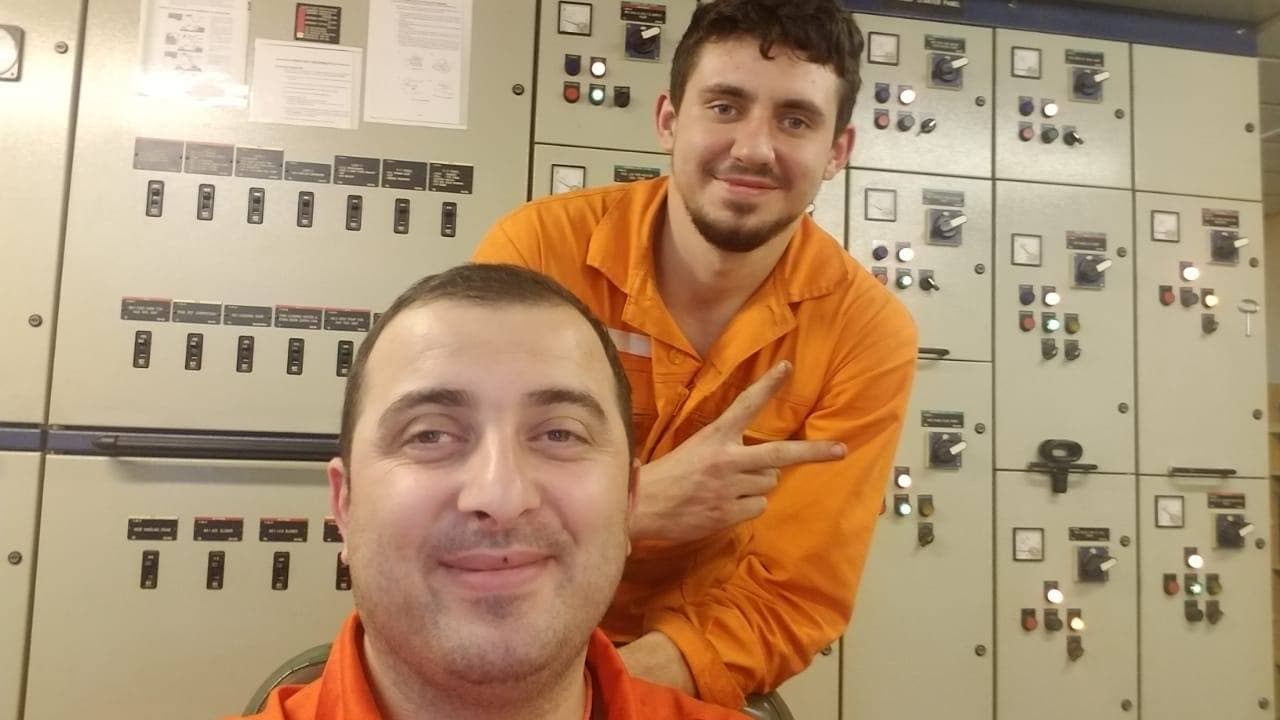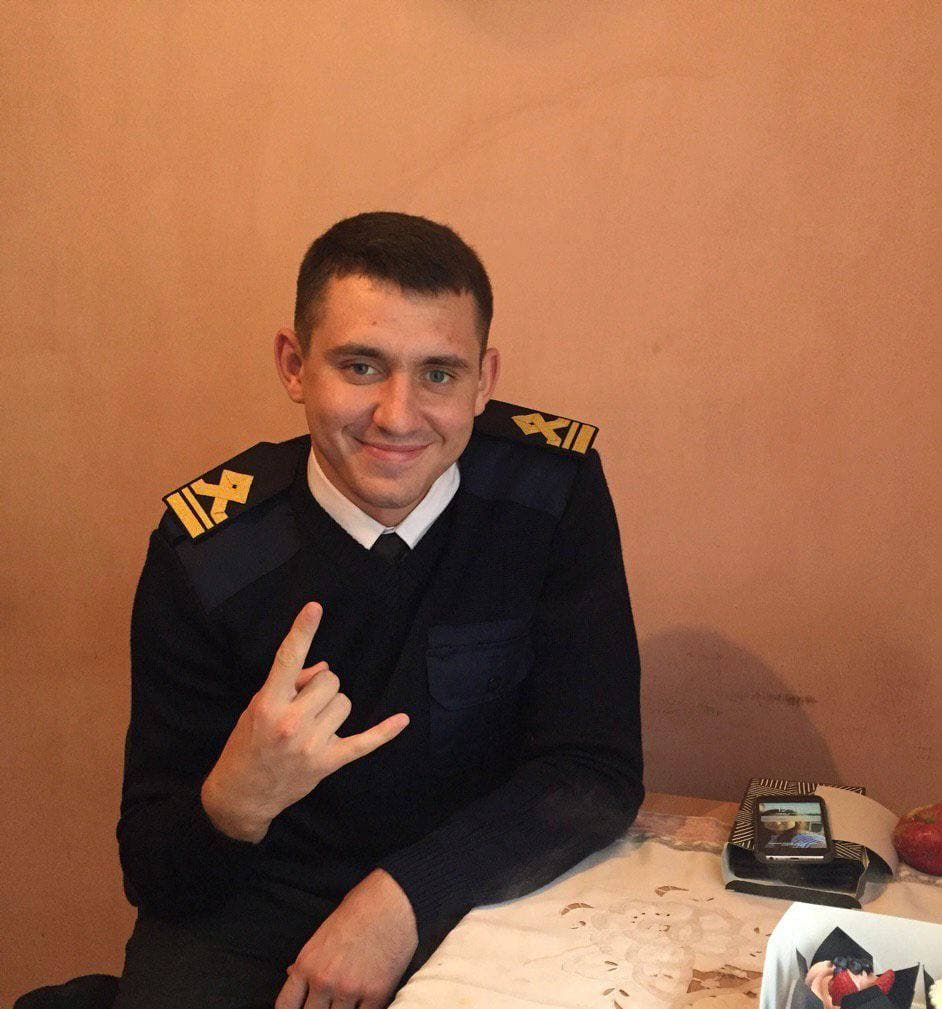“A week after the first flight from Columbia, on my birthday, the captain personally went down to the car to congratulate me, a cadet, and shake my hand.”
Vitaly Gunchenko – about his first voyage, about the friendly atmosphere in the office, and about the fact that nowhere, probably, there are so many young captains as in Columbia Shipmanagement.
Tell us how you got to Columbia Shipmanagement?
Back in my second year, as a cadet at the Naval Academy, I tried to get into the Columbia cadet program, but they told me that I was still too young and that I needed to gain experience. As a result, I worked out a contract as a cadet in another company, and upon my return I came back to Columbia, passed the tests and successfully passed the interview. The first contract worked as a cadet, received good performance, and went on the next flight as a junior. Well, then he very quickly advanced to a mechanic, and went into growth.
Why did you choose this particular company?
Columbia Shipmanagement is a large company. I really wanted to become part of a large team, a successful project. I wanted not to stay on the periphery, but to get into a company with good European roots, an extensive fleet, and serious prospects. You know, as soon as I came to the Columbia office, I immediately felt a special, friendly atmosphere in the team, even at the stage of the first communication with managers. At the same time, everything was very clear from the very beginning: the company has a clear and consistent algorithm for finding employment and boarding a ship and it works well.
How was your first flight to Columbia?
When I got on the ship, I already had some experience, and I knew roughly what I should do. The crew of the ship (it was a tanker) behaved kindly, they helped me to adapt, they helped me both in my specialty and in some general questions. In general, the attitude towards me, as a beginner, was a pleasant surprise: a week after boarding the ship, it was my birthday, and the captain personally came to congratulate me. He got into the car and shook hands. I was very pleased. And captain Sergei Globa, although young (he was only 33 years old then), still understood how important this was to me. By the way, there are a lot of cool cases in Columbia when very young guys become captains.
How do you see your future?
I would like to realize myself at sea, but I understand very well that the career of a sailor is not only the goal of becoming a captain or chief engineer. You can work in an office, be a superintendent or a fleet manager. Of course, with each promotion, responsibility also increases, but this makes it even more interesting to work.
What would you advise, based on your own experience, to those who are now only thinking about the profession of a sailor?
The main thing is the desire to become better, to grow as a specialist in your profession. Many guys are afraid of big companies and for some reason believe that it is very difficult to get into such companies without connections and acquaintances. In fact, in such companies everything is very simple, the main thing is desire and perseverance. You can often hear that to work as a seafarer it is important to know English. Yes, English today is something you won’t surprise anyone with! You just need to know it, that’s all. This is no longer a plus, but simply a necessary condition.
And more importantly, there is nothing to be afraid of. You may not be a very cool specialist, you may not know something, especially if you are just starting out. But here the desire to learn, to master something is important. We must remember that no one is born immediately a professional. Everyone once stood at the very beginning of this difficult path.




